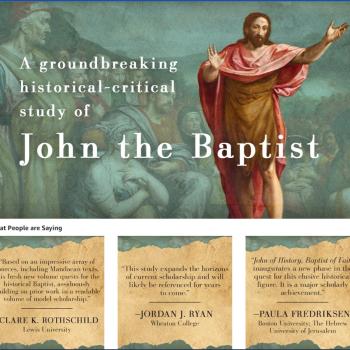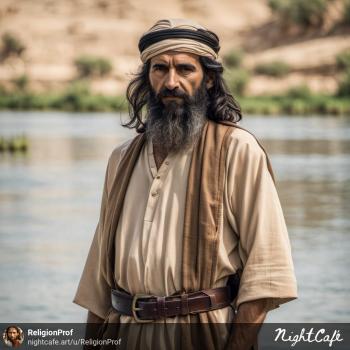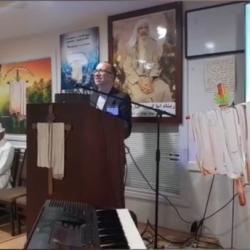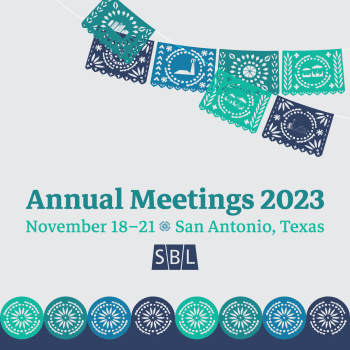The late Maurice Casey described himself as an “independent historian,” but for the most part, that term “independent scholar” has been used for people who dabble in scholarly inquiry, having advanced studies in the area, but who are not employed at a university or similar institution of higher education.
I have at times offered cautionary remarks about voices outside the academy. There are two reasons for this. One is that those of us who devote ourselves to academic research as part of our full time employment find it hard to keep up with the enormous body of literature on various subjects, and so it is likely to be even more difficult for someone who does not have that time set aside as part of their job. Another is that, just as one should not simply accept a view offered by a professional scholar, how much more so should one not simply accept something that is asserted by someone who may have even less expertise?
But having made such cautionary remarks, I want to emphasize that independent scholars can still play a crucial positive role in our endeavors of scholarly inquiry.
Full-time faculty often have constraints on what we can investigate. Not everyone will have the freedom to stop working on topics that will make book sales likely, and work on texts that deserve attention but which might not lead to a book contract.
The Ascension of Isaiah is a good example. I discussed it in my recent article for The Bible and Interpretation. That text has received slight attention on occasion, and so there hasn't even been enough direct concerted and detailed attention by a large enough number of scholars for it to be possible to speak about a consensus on matters of date, sources, and redaction.
But one of the many people who has earned a PhD or even a masters degree, but for whatever reason has not gone into full-time academic work, might nonetheless have the interest and the necessary skills to work on a subject such as this over a period of years, even decades, and to offer their results to the scholarly community.
As with any scholarly work, there will still be a need for other scholars to evaluate and interact with such work.
But in our day and age, in which knowledge is democratized to such a ridiculous extent, surely there is room for the kinds of figures which, if we look back historically, we will find have contributed to our knowledge all along. E. S. Drower wasn't a scholar of Mandaean studies – she got to know Mandaeans while living in Iraq, and put in the time and effort to learn. Some of what she did is open to criticism by linguists today. But what she accomplished is nonetheless remarkable and continues to be important.
I know that when it comes to the Secret Gospel of Mark, there have likewise been people outside of the usual areas of scholarly focus who have contributed to the discussion.
Should we expect more of this? Should we encourage it? And if so, how? And what questions, texts, or topics currently neglected in the mainstream academy might they usefully focus on?














